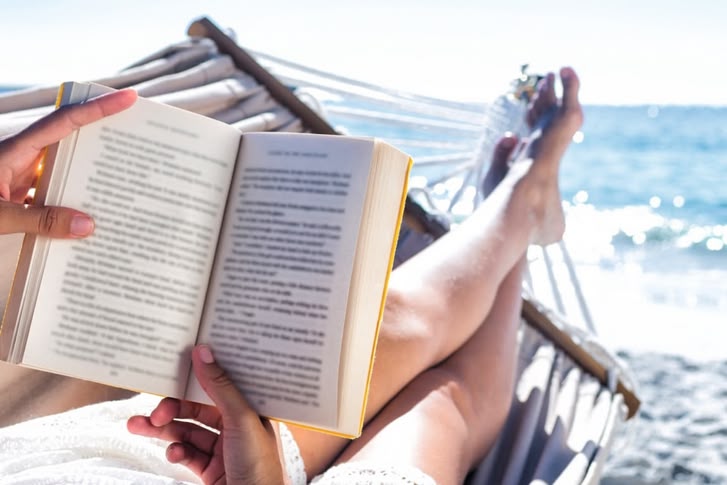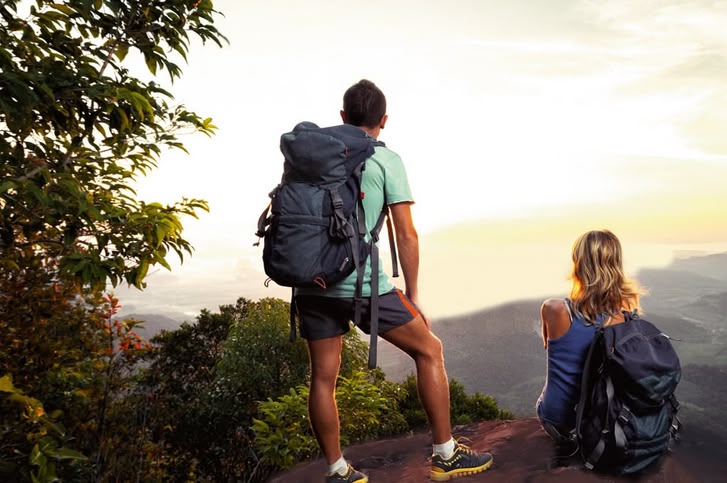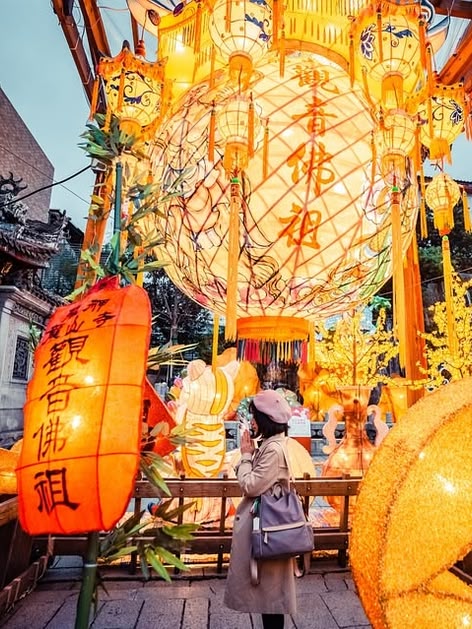Learn Chinese in Taiwan
Master Mandarin and experience the timeless traditions of Taiwan!
Taiwan, with its stunning landscapes, vibrant night markets, and rich cultural heritage, is the perfect destination to master Mandarin. From the bustling streets of Taipei to Taiwan's serene temples and lush mountains, Taiwan offers a unique backdrop for your language studies. Engaging with Taiwanese culture and the Mandarin language is essential for those interested in East Asian heritage, lifestyle, and international business relations.
You will interact with both native speakers and international learners alike, experiencing Taiwan's unique traditions and modern lifestyle daily. Our immersive learning method guarantees more than language acquisition; it invites you to live Taiwanese culture, with every interaction fostering a deep understanding of the local society and intercultural exchange.
At Languages Abroad, we are dedicated to helping each student achieve their goals, whether in advancing their education or enhancing their career prospects. With our programs, we prepare you to integrate seamlessly into higher education or the professional realm.
Start your Mandarin adventure in Taiwan with Languages Abroad today!
Where to study Mandarin in Taiwan?
Our Path to Mandarin Fluency
Find your level
Complete beginner or advanced student?
All proficiency levels from A1 to C1 are welcome to start a course with us!
Find your aims
We offer a range of standard, intensive, holiday and private language courses, as well as additional cultural classes.
Find your home
Immerse yourself culturally with homestay options or enjoy the freedom of self-catering accommodations.
Find your future
Your new, hard-earned language skills will open new doors as you discover the next steps on your journey.
Why learn Mandarin abroad?
- Mandarin in the Professional Landscape
Learning Mandarin is crucial for effective communication in today's global economy, especially in Asia where it serves as a primary language. It facilitates exchanges across diverse cultures and business environments, enhancing global collaboration and mutual understanding. Many international firms and businesses in Asia require employees to have a strong grasp of Mandarin to navigate the complexities of the Asian markets successfully. Proficiency in Mandarin significantly boosts career opportunities, essential for career advancement, securing positions in multinational corporations, or engaging in international diplomacy and trade. - Cultural and Educational Advantages
Mandarin opens a portal to a rich cultural heritage, from ancient literature and philosophy to contemporary films and music. Engaging with this content deepens understanding of cultural nuances and historical contexts, expanding your worldview. Additionally, mastering Mandarin provides access to educational opportunities, as numerous prestigious institutions in Mandarin-speaking regions offer specialized courses in various fields, enriching your academic and professional development.

How to learn Mandarin abroad?
Master the Basics
In the pursuit of language mastery, starting with a firm grasp of the basics is paramount. Establishing a strong foundation in grammar, vocabulary, and pronunciation lays the groundwork for more advanced learning and attaining fluency.Utilize Technology
Tools such as AI chatbots and language learning apps can provide structured lessons, supplement learning and highlight specific weaknesses in your English ability.Practice Speaking
Active participation in speaking, despite initial discomfort or fear of making mistakes, is crucial for language growth. Seeking out opportunities for conversation facilitates real-world application and is the quickest way to boost confidence. Soliciting feedback from peers, tutors, or language instructors will also offer valuable insights and strategies for improvement.Write to Improve
Embracing writing as a means of practice and self-expression further solidifies language skills and reinforces grammatical structures and vocabulary usage.Expand Vocabulary
Regular exposure to new words and phrases, whether through reading, listening, or vocabulary exercises, broadens linguistic proficiency and enhances expressive capabilities. Similarly, honing listening skills through exposure to podcasts, audiobooks, and news broadcasts sharpens comprehension abilities and acustoms learners to diverse accents and speech patterns.Set Goals
Setting achievable language learning goals serves as a roadmap for progress and provides a sense of direction and purpose. Tracking milestones and celebrating small victories along the way serves as a source of motivation and encouragement to stay committed to the learning journey.


Contact us
We're here to help you on your Mandarin language learning journey!
Questions about our courses? Need assistance with enrollment? Interested in finding out more about our programs?
Our friendly team is more than willing to assist you.
Contact us by clicking the link below and filling out our contact form.
We promise a prompt and helpful response to all your inquiries.

